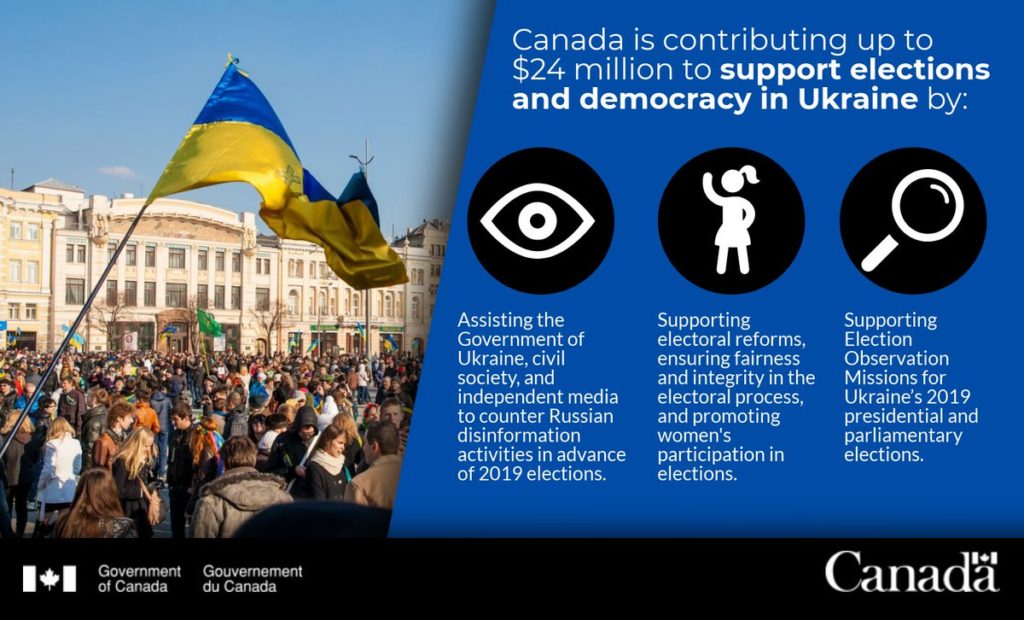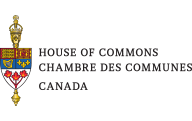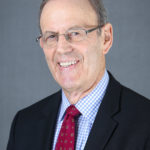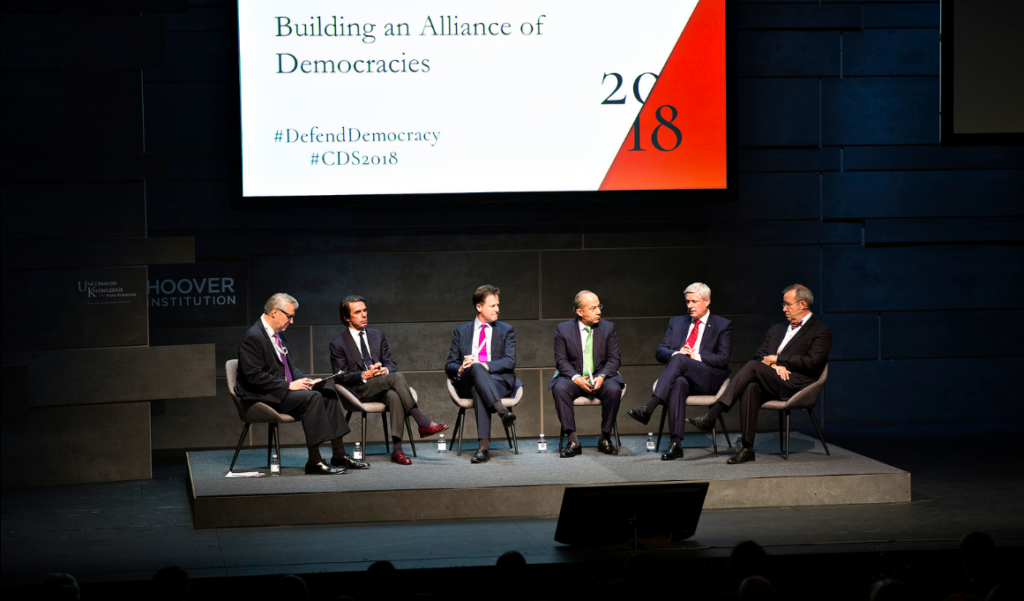
The global political environment has become more fraught, and democracy is facing threats and pressures that were mostly unforeseen a decade ago, according to a new report. The field of democratic development has also changed, as practitioners have adapted to and learned from best practices and the evolving state of democracy, notes a new analysis of Canada’s international support for democratic development from the House of Commons Standing Committee on Foreign Affairs and International Development.
“Twelve years after the Committee recommended that Canada increase its support for democratic development internationally, it has reached the same conclusion, but with a heightened sense of urgency and resolve,” the report adds. “Engaging in the work of democratic development allows Canada to support like-minded partners, whether it be a government, parliament, institution, organization or individual.”
 At the heart of democratic development remains the simple of idea of helping all citizens participate in the decision-making that affects their lives, the report states, adding that there are two general models for how Canada’s new institution could operate:
At the heart of democratic development remains the simple of idea of helping all citizens participate in the decision-making that affects their lives, the report states, adding that there are two general models for how Canada’s new institution could operate:
- One would see the new institution act as a grant-providing entity, such the National Endowment for Democracy or UNDEF, funding projects around the world executed by other organizations, including both local groups in partner countries and other international and Canadian entities.
- The other option would be to implement projects directly in the field, working alongside local partners, as is the case with the National Democratic Institute and the Westminster Foundation for Democracy (WFD).
 In his testimony, NED President Carl Gershman (left) described how NED’s grants-based approach allows it to be “nimble … acting swiftly, flexibly and effectively in providing vital assistance to activists working in the most challenging environments.”
In his testimony, NED President Carl Gershman (left) described how NED’s grants-based approach allows it to be “nimble … acting swiftly, flexibly and effectively in providing vital assistance to activists working in the most challenging environments.”
NDI’s Derek Mitchell testified that NDI’s “50‑plus offices around the world” provide it with the “unique opportunity to take what we know of context on the ground, then feed what’s going on there back through Washington.” Thomas Axworthy, Public Policy Chair at the University of Toronto’s Massey College, made a similar argument when advocating that an envisioned new Canadian institution should set up field offices in key partner countries.
“You can’t make democracy work by having consultants come in and out,” Axworthy said. “You really need people on the ground.”
In practice, Canada’s new democratic development institution could decide to follow a mix of both strategies, providing grants in some cases while implementing projects directly in others, the Committee suggests. RTWT
 A new report released today by the Transatlantic Commission on Election Integrity (TCEI) and the Centre for International Governance Innovation (CIGI) praised Canada for the “positive and commendable steps” it has taken to safeguard its democratic process against foreign interference ahead of the federal election on October 21, CIGI reports:
A new report released today by the Transatlantic Commission on Election Integrity (TCEI) and the Centre for International Governance Innovation (CIGI) praised Canada for the “positive and commendable steps” it has taken to safeguard its democratic process against foreign interference ahead of the federal election on October 21, CIGI reports:
The report, Election Risk Monitor: Canada, is part of a series of assessments being conducted by CIGI and the TCEI, a bi-partisan group launched by the Alliance of Democracies Foundation (below) to help prevent foreign interference in elections — leading up to and including the 2020 United States presidential election — amid growing evidence that foreign interference has influenced elections in several Western democracies in recent years.
 China’s assertion of sharp power is one reason why Canada must develop a comprehensive strategy to strengthen cultural diplomacy as a pillar of foreign policy, according to a recent Senate committee report, Cultural Diplomacy at the Front Stage of Canada’s Foreign Policy.
China’s assertion of sharp power is one reason why Canada must develop a comprehensive strategy to strengthen cultural diplomacy as a pillar of foreign policy, according to a recent Senate committee report, Cultural Diplomacy at the Front Stage of Canada’s Foreign Policy.
Some authoritarian regimes are taking steps within the cultural sphere to “improve their international image,” said Christopher Walker, Vice President, Studies and Analysis, with the National Endowment for Democracy. Those regimes “have spent billions of dollars to shape public opinion and perceptions around the world, employing a diverse range of resources that includes cultural activities, educational programs, people-to-people exchanges and the development of media initiatives that have global reach,” he said in testimony to the committee. RTWT








